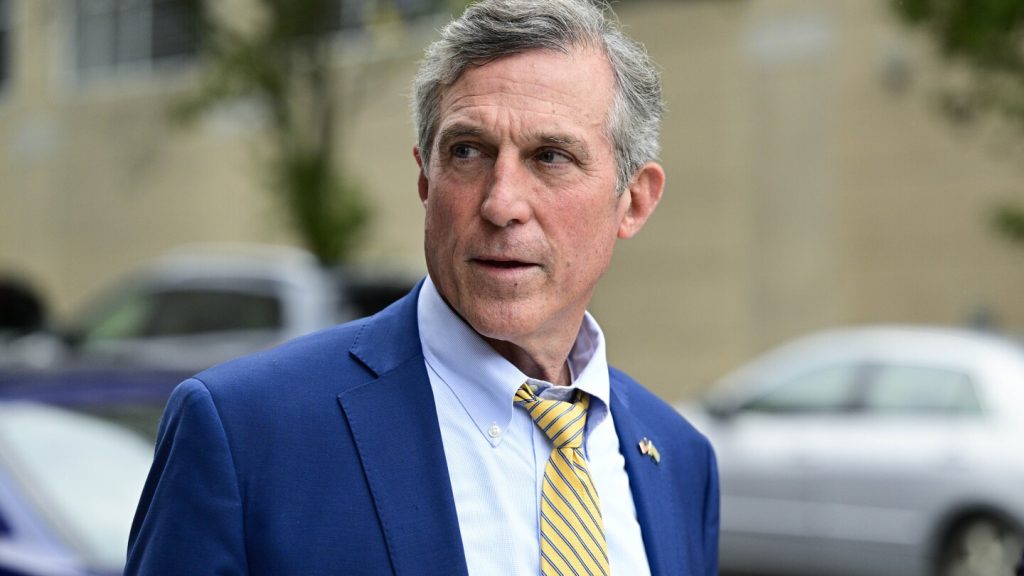Delaware is experiencing a significant shake-up in its political landscape as prominent Democratic officeholders, including Gov. John Carney and U.S. Sen. Tom Carper, prepare to depart. With these impending departures, the state’s primary elections on Tuesday are witnessing contested races for both Democratic and Republican nominations. Lt. Gov. Bethany Hall-Long, New Castle County Executive Matt Meyer, and National Wildlife Federation CEO Collin O’Mara are vying for the Democratic nod, while retired police officer Jerry Price, state House Minority Leader Michael Ramone, and small business owner Bobby Williamson are competing for the Republican nomination.
Hall-Long, who has Carney’s endorsement, faces scrutiny after a forensic audit of her campaign finances revealed irregularities over an eight-year period. Additionally, emails show that her staff engaged in campaign activities during government work hours, breaching state law. Despite disputes over the audit findings, her primary rival Meyer has called for a federal investigation into the matter. Carney, unable to run for a third term as governor, is also contending for the position of mayor of Wilmington against former state treasurer Velda Jones-Potter in the Democratic primary.
The impending departure of Carper has opened up Delaware’s first open-seat U.S. Senate race since 2010. Democratic U.S. Rep. Lisa Blunt Rochester and Republican former Walmart executive Eric Hansen are unopposed for their parties’ nominations. In the race to replace Blunt Rochester in the House, Democratic state Sen. Sarah McBride, backed by prominent figures like Carper, Coons, and Rochester, faces competition from Republican Donyale Hall. McBride aims to become the first openly transgender member of Congress.
Delaware, historically a Democratic stronghold, is expected to maintain its Democratic dominance in the upcoming elections, with Republicans not having won major state offices since the late 1980s. As half of the state Senate seats and all 41 state House seats are up for election this year, participation in Tuesday’s primaries will shape the political landscape. New Castle County, the state’s most heavily Democratic region, holds significant sway in determining primary outcomes, with Democrats seeking to secure a substantial margin in this area to offset losses elsewhere.
Delaware’s state primaries will see voters selecting candidates for governor, lieutenant governor, U.S. House, state Senate, state House, insurance commissioner, and mayor of Wilmington. Registered party voters can only participate in their respective party’s primary, with independent or unaffiliated voters ineligible. Turnout and early voting numbers indicate significant engagement in the election process, with the AP providing timely updates on results. The state’s unique recount rules ensure a thorough and fair process in determining final election outcomes.
With just 56 days until the November general election, Delaware’s primary races are crucial in shaping the future political landscape of the state, as prominent officeholders prepare to step down. The contested primaries for various positions, including governor, U.S. Senate, and House, highlight the importance of voter engagement and decision-making in shaping Delaware’s political future. As the primary day approaches, all eyes are on the outcomes and the implications they will have for the upcoming general election.


